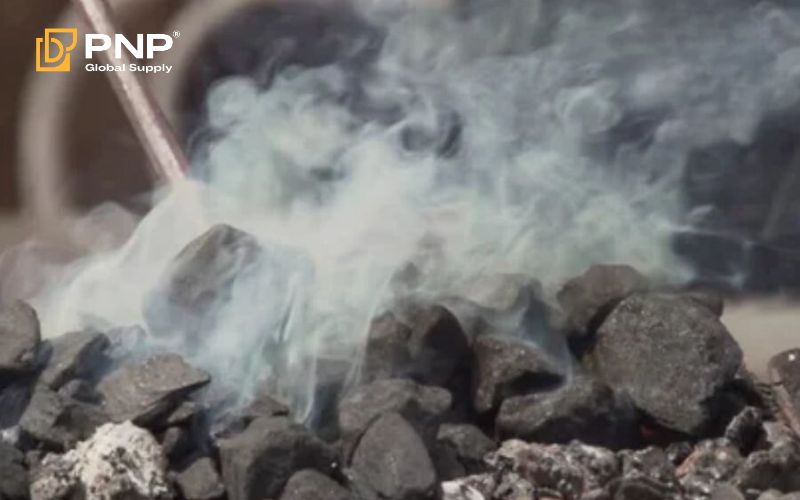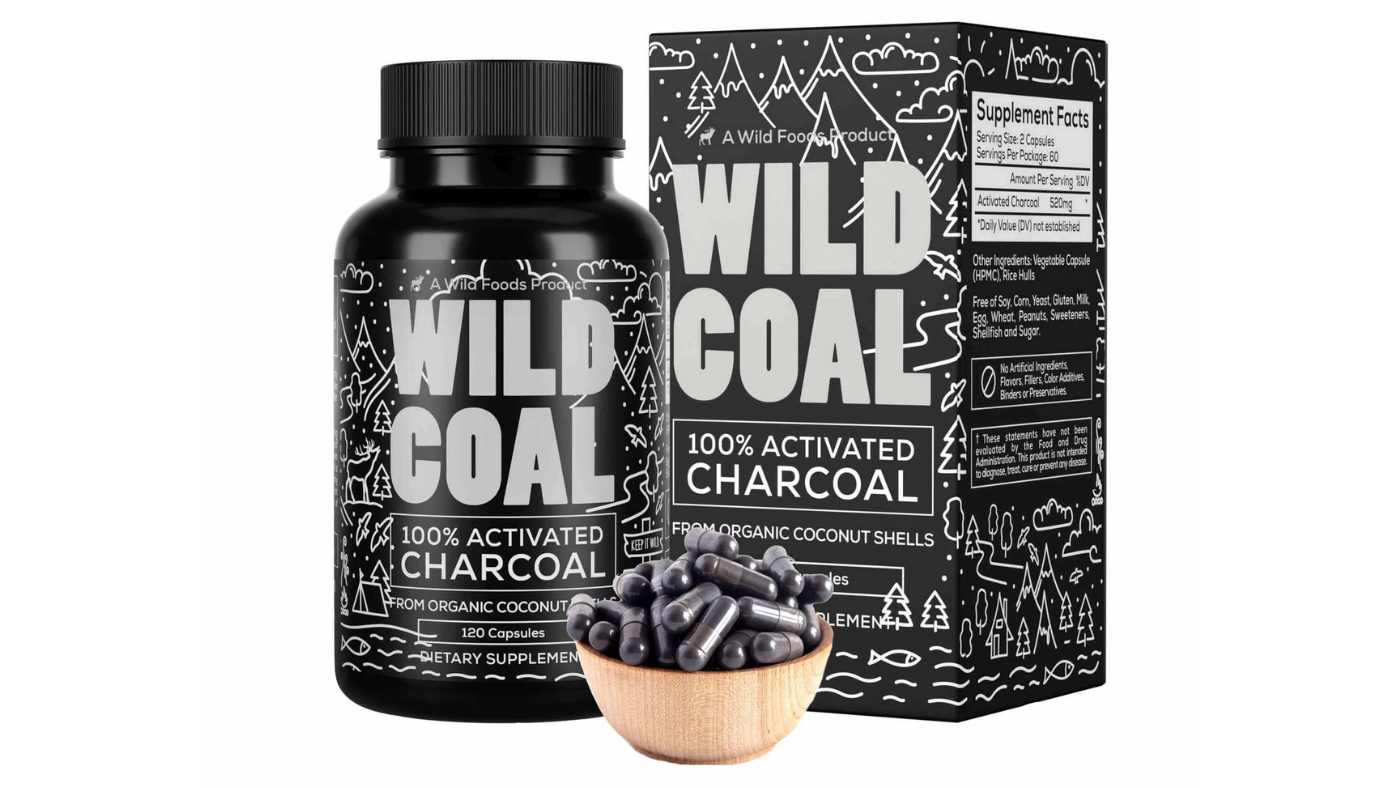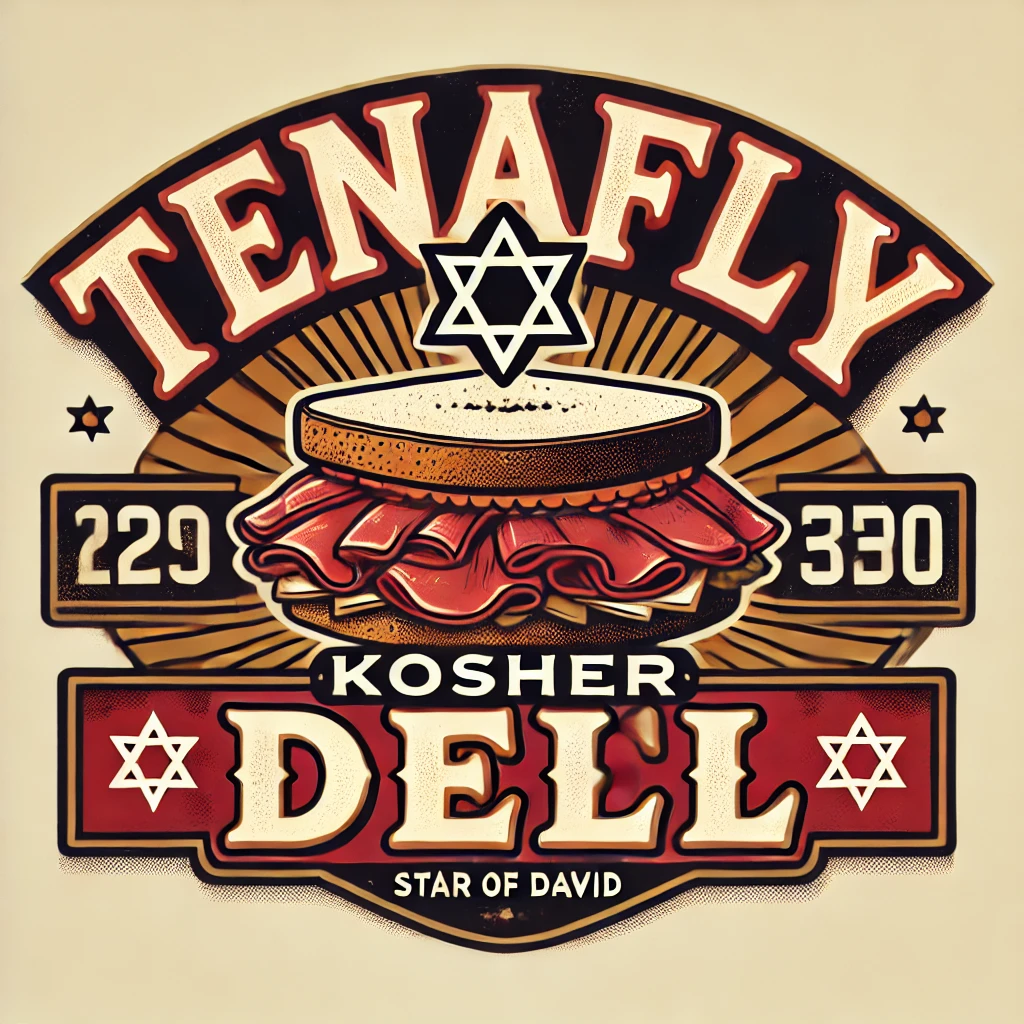
Charcoal doesn’t technically expire but can become less effective if stored improperly. Regular charcoal can last indefinitely when kept in cool, dry conditions away from moisture. Activated charcoal may lose its absorption properties over time. For best results, store charcoal in airtight containers, elevated off the ground, and protected from humidity and direct sunlight.
| Charcoal Type | Shelf Life | Storage Requirements | Signs of Deterioration |
|---|---|---|---|
| Lump Charcoal | Indefinite if stored properly | Cool, dry place in airtight container | Excessive moisture, difficult to light |
| Briquettes | 1-2 years (due to additives) | Airtight container away from moisture | Crumbling, white residue, dampness |
| Activated Charcoal | 2-3 years sealed; 1 month after opening | Hermetically sealed container | Reduced absorption capacity |
Hey there
Charcoal is made by burning wood or other organic stuff without oxygen and it’s been around for ages. People use it for way more than just grilling burgers in the backyard. It’s actually pretty handy and has a bunch of uses that go from cooking to health and beauty stuff.
Why Charcoal is Important and What It’s Used For
Charcoal’s special properties make it super useful in a lot of areas. Here are some cool ways people use charcoal:
- Cooking and Grilling: Most of us think of charcoal when we think of barbecues. It gets really hot and gives a nice smoky flavor to the food you grill.
- Activated Charcoal: This type is treated to create tiny pores that help soak up toxins. You’ll find it in water filters, medical treatments for poisoning, and even in beauty products like face masks.
- Artisan Crafting: Artists use charcoal in various forms like drawing and painting because it has this rich black color that’s really appealing.
- Environmental Applications: Charcoal can help clean water and improve soil, making crops grow better and helping with waste management.
You can see that charcoal really is a cool multi-tool for both home and industry.
Why Expiration Dates Matter
Even though charcoal lasts a long time, a lot of people don’t pay attention to the expiration dates on the packaging.
- Quality Check: Expiration dates give you a heads up on how good and effective charcoal products are, which is super important for activated charcoal. Traditional charcoal doesn’t really expire, but activated charcoal can lose its power if it’s not stored right.
- Safety First: Using outdated activated charcoal might not absorb toxins or impurities as well, especially if you’re using it for health or beauty stuff.
- Confidence Boost: Knowing about expiration dates helps folks feel good about using a product that’s still safe and works well.
Getting how charcoal works best, including its shelf life and where to put it, helps you get the most out of it while keeping it safe. So, while regular charcoal can last a long time, activated types need a bit more care to keep working well.
Next up, we’ll dive into how to figure out when charcoal goes “bad” and the best ways to store it so you can use it however you need to.
Understanding Charcoal Expiration
When it comes to charcoal, lots of folks wonder how long it really lasts and if it could go bad. It’s important to clear this up so you can make the most of your charcoal whether you’re cooking or using it as a natural remedy.
What Affects Charcoal’s Shelf Life
How long charcoal lasts mostly depends on how you store it and not so much on it going bad naturally. Here are some things that can affect its shelf life:
- Moisture Issues: Charcoal can soak up moisture from the air, especially lump charcoal, which can get damp and not work well if it’s not put away right. High humidity can make it clump together, making it hard to light and less effective when burning.
- Type of Charcoal: There are different kinds of charcoal like lump charcoal and briquettes. Lump charcoal usually lasts longer since it’s made from natural wood and doesn’t hold moisture like briquettes, which often have added stuff in them.
- Storage Conditions: Keeping charcoal in a cool and dry place is key. Ideally, use an airtight container to keep the moisture out. Staying away from sunlight and keeping it off the ground helps too.
Being mindful of these factors not only keeps your charcoal working well but also meets your needs for cooking and heating.
Can Charcoal Go Bad?
While charcoal doesn’t really “expire” like food does, it can become less usable if it’s not taken care of. For example:
- Too Much Air: If charcoal sits out and is exposed to air for too long, it can lose its burning power.
- Damp Conditions: If charcoal absorbs too much moisture, it won’t light easily and can burn unevenly, causing issues while you’re using it.
This means that even if your charcoal looks okay, it might not work as well if it hasn’t been stored right.
What Happens with Old Charcoal
Using charcoal that’s gone “bad” or isn’t effective anymore can lead to some frustrating results:
- Poor Ignition: Wet or damaged charcoal can be a pain to light, making you wait forever to get your grill fired up.
- Inconsistent Burning: Moist charcoal burns inefficiently, generating more smoke and less heat, which can totally ruin your grilling.
- More Ash: If charcoal’s taken on moisture, it might produce more ash when it burns, making cleanup messy and annoying.
So while charcoal doesn’t spoil in the usual way, not storing it properly can really affect how it works. By keeping those factors in mind and storing it right, you can always enjoy top performance from your charcoal when it’s grilling time. Next, we’ll chat about the best ways to store your charcoal to make it last.
How to Store Charcoal Right
To make sure your charcoal stays effective and ready for use, proper storage is really important. Good storage not only helps it work well but also makes it last longer, so you can whip up tasty grilled meals whenever you want.
Easy Tips for Keeping Charcoal Fresh
Looking after your charcoal doesn’t need to be a hassle. Here are some simple tips to help you keep it fresh:
- Pick the Right Container: It’s key to use a container that seals well like an airtight bin or plastic bag. This keeps air and moisture out, making sure your charcoal stays safe.
- Check It Out Regularly: Every couple of months, take a peek at your stored charcoal. If you see any moisture or clumps, it’s time to rethink how you’re storing it.
- Use Old Charcoal Smartly: If you have some older charcoal that might not burn the best, think about using it for campfires or as backup fuel. It might not be your go-to for grilling, but it can still come in handy.
- Label and Date: If you have a few bags of charcoal, label them with when you bought them. This helps you keep track of what’s freshest so you can use the best stuff first.
These easy steps can really help your charcoal perform better when it’s time to fire up the grill.
Best Conditions for Storing Charcoal
Where you keep your charcoal matters a lot for how long it lasts. Here’s how to make the best environment for your charcoal:
- Cool and Dry Spot: Always stash your charcoal somewhere cool and dry. A garage or pantry usually works well since they have stable temps.
- No Direct Sunlight: Sun can mess with charcoal quality over time. When possible, store it in a shaded area or in a covered container to keep it good longer.
- Keep It Elevated: If you’re storing charcoal on the floor, try to elevate it on shelves or pallets. This keeps it away from moisture that can come from the ground.
- Seal It Up Right: Be sure to close bags or containers tightly. Strong seals are important to stop air and moisture from getting in and messing with the charcoal’s quality over time.
If you follow these storage tips, you won’t have to worry—when it’s time to cook, your charcoal will be ready to ignite quickly and burn evenly without a bunch of ash or weird flames. With some thoughtful storage, your grilling can be smooth sailing and delicious!

Frequently Asked Questions About Charcoal
Does regular charcoal go bad over time?
Regular charcoal doesn’t “go bad” like food does. As a carbonized wood product, it doesn’t spoil or decompose. However, if exposed to moisture, it can become difficult to light and burn inefficiently. When stored properly in a cool, dry place in an airtight container, charcoal can maintain its quality indefinitely.
How long does activated charcoal last before it expires?
Activated charcoal typically has a shelf life of 2-3 years when stored in its original sealed packaging. Once opened, it may begin losing effectiveness after about a month as it absorbs moisture and contaminants from the air. For medicinal or filtration purposes, it’s best to use fresh activated charcoal within its recommended timeframe.
Can I still use charcoal that got wet?
Wet charcoal can be salvaged by spreading it out on a tarp or concrete surface to dry completely in the sun. For partially damp charcoal, mixing it with fresh, dry charcoal can help it light and burn. However, if charcoal has been soaked or has developed mold, it’s best to replace it as it will be difficult to light and may not burn effectively.
What’s the best container to store charcoal in?
The best containers for storing charcoal are airtight metal or plastic bins with secure lids. Metal trash cans with tight-fitting lids work well for larger quantities. For smaller amounts, heavy-duty plastic containers or even large zip-lock bags can be effective. Ensure the container is completely dry before adding charcoal, and store it elevated off the ground in a cool, dry location.
Is expired activated charcoal harmful to use?
Expired activated charcoal isn’t harmful, but it becomes less effective at absorption. For medical applications like poison control, only fresh, unexpired activated charcoal should be used. For beauty products or general filtering, expired activated charcoal may simply be less efficient rather than dangerous. Always check with a medical professional before using activated charcoal for health purposes.
How can I tell if my charcoal is still good to use?
Good charcoal should feel dry to the touch, light relatively easily, and burn with consistent heat. If your charcoal feels damp, has visible mold, crumbles easily, or produces excessive smoke when burning, these are signs it may have deteriorated. Test a small amount before committing to a full cooking session if you’re unsure about its quality.
The Truth: Does Charcoal Expire?
A lot of people wonder if charcoal goes bad, and this sparks plenty of debate among grilling fans and casual users. With so much info floating around, it can be tricky to get a handle on the real deal about charcoal’s longevity.
Busting Common Myths
One big myth is that charcoal can “expire” like food. This misunderstanding comes from not really knowing how charcoal is made and how it stays durable. Here are some myths cleared up:
- Charcoal Spoils: Unlike food, charcoal is mostly just carbonized wood, meaning it doesn’t spoil in the usual way. Mold, bacteria, and bugs (like termites) usually don’t bother charcoal either.
- Old Charcoal Loses Efficacy: While charcoal doesn’t spoil, it can work less effectively if it hasn’t been stored right. Dampness can cause clumping or make it harder to light, but that’s not the same as it being expired. Good storage habits can keep it good for years.
- All Charcoal Is Equal: It’s helpful to know the difference between lump charcoal and briquettes. Lump charcoal typically burns hotter and cleaner, while briquettes might have fillers that can affect how well they burn if not managed properly.
Seeing through these myths is the first step to storing and using charcoal right, so you can have the best grilling experiences.
A Scientific Look at Charcoal Expiration Dates
Scientifically speaking, charcoal is pretty interesting. It’s super stable, and its structure doesn’t decay over time.
- Activated Charcoal vs. Regular Charcoal: Activated charcoal can lose effectiveness if stored wrong because of its porous structure. When it meets air, it can soak up unwanted stuff, making it not as effective anymore, kind of like a sponge that gets too full.
- Expiration Dates: Most packs of charcoal might show expiration or best-by dates, but those are more of a guideline. For regular charcoal, the date mostly refers to the product’s quality rather than a safety issue. It’s really just advice for when it works best instead of a hard rule.
To wrap it up, while regular charcoal doesn’t expire, knowing how to store both regular and activated charcoal the right way is key to keeping it effective. Keeping it dry, sealed, and in a cool place will make sure it’s ready to go when you need it. Whether you’re firing up the grill for some summer fun or prepping your fireplace, understanding charcoal means better cooking and heating experiences.

A Bergen County institution celebrating authentic Jewish cuisine since 1985. Our pastrami—brined for 14 days, smoked over applewood for 12 hours, and steamed to perfection—creates a melt-in-your-mouth experience that rivals Manhattan’s finest delis. Our rye bread is baked fresh daily using a century-old recipe from Poland. Featured in Food & Wine’s “Top 10 Delicatessens in America” and on Food Network’s “Best Thing I Ever Ate.” Chef Moshe Greenbaum, a third-generation deli master trained at the Culinary Institute of America, ensures every sandwich meets our exacting standards. No wonder our customers drive from three states away.
Leave a Reply